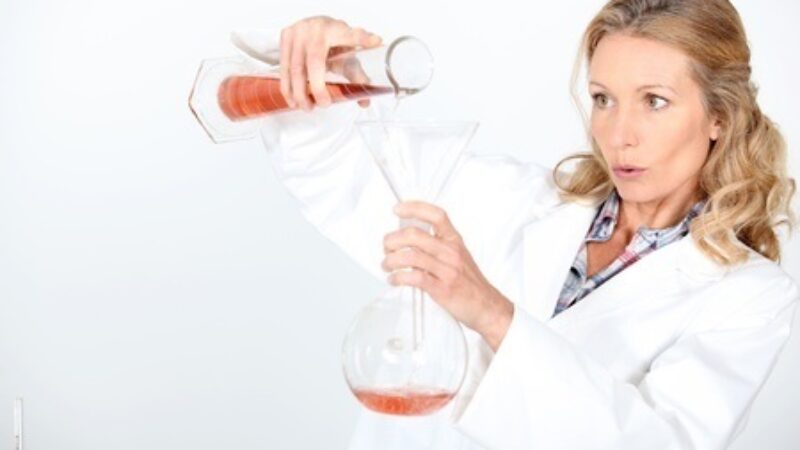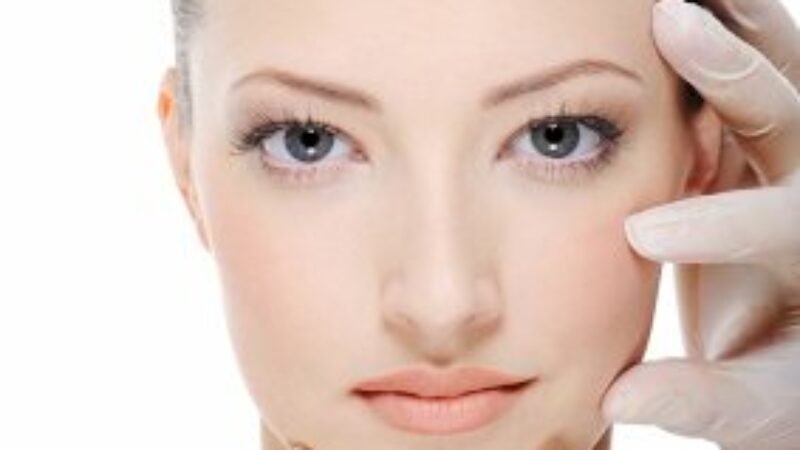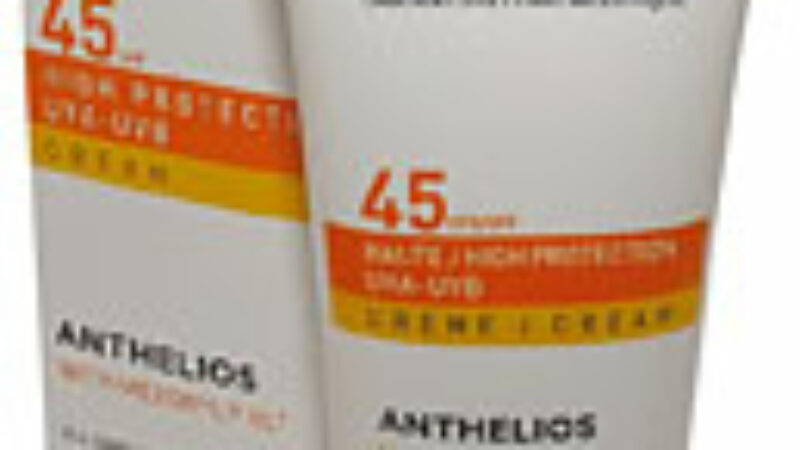Homeopathy is a form of medicine first proposed by the German physician Samuel Hahnemann in 1796. Derived from homeo (meaning similar) and pathos (meaning suffering or disease), homeopathy claims to work by stimulating the body’s ability to heal itself by treating individuals with small doses of highly diluted preparations.
The two main principles of homeopathy are:
- The principle of similars (or “like cures like”) which states that a disease can be cured by a substance that produces similar symptoms in healthy people
- The principle of dilutions (or “law of minimum dose”) which states that the lower the dose of the medication, the greater its effectiveness. In homeopathy, substances are diluted in a stepwise fashion and shaken vigorously between each dilution. It’s believed that the substance has left its imprint or “essence,” which stimulates the body to heal itself (this theory is called the “memory of water”).
Can homeopathy be employed to manage skin conditions?
How Does Homeopathy Work?
In treating homeopathically, a patient’s symptoms along with their individual physical and psychological profile are assessed in selecting appropriate remedies. In most cases, homeopathic remedies are very safe, but some practitioners are criticized for recommending that patients avoid conventional medicines, which may be harmful in the long term.
Many studies have been conducted using homeopathic remedies yet the evidence of their efficacy beyond a placebo (like a sugar pill) effect is lacking. The handful of positive studies tend to be small, not well designed or have some inherent flaws. The lack of evidence to support homeopathy’s efficacy have caused it to be described as quackery or pseudoscience by critics.
What Can Homeopathy Treat?
There is no shortage of ailments that homeopathy claims to cure. It has been used to alleviate symptoms associated with colds & flus, burns, insect stings, nausea, menstrual complaints, headaches, skin afflictions (eczema, psoriasis, etc), pain, haemorrhoids and many more.
Keep in mind that since homeopathic products contain little or no active ingredients, they do not have to undergo the same safety and efficacy testing as prescription & over the counter medicines. Only products for self-limiting conditions (minor health problems like a cold or headache that go away on their own) can be sold without a prescription.
If the idea of homeopathy appeals to you, ask about the training and experience of the practitioner you are considering. Pregnant or nursing women and children should consult their health care provider.
As attractive as homeopathy sounds, there is currently very little research to support its efficacy in skin conditions including eczema, psoriasis, varicose veins or even haemorrhoids.Yet, you will still find staunch supporters of this type of treatment.




